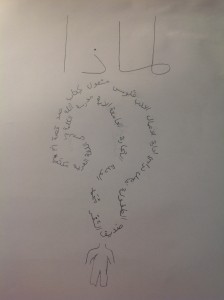Our scholastic culture around the globe is often one from which you leave with a plethora of dates and facts that you can rattle off in any conversation. This creates a considerably well-informed society with individuals able to carry out most of the standard roles required by their communities. However, do people that have grown up in these systems understand the implications of their learning? Have their lessons left them with a new mindset, or just a few more numbers floating around in the mind?
In An Egyptian Childhood, Hussein recalls his younger days during which he had to constantly memorize the Qu’ran. He eventually started finding ways out of recitation, which prompted him to forget many of the verses. The curious and ironic part of all this comes when both his father and his teacher lie and manipulate the truth in order to protect their pride as holy scholars. A book that so many hold to be the pinnacle of human welfare and integrity brings these two to act in completely immoral ways.
Therefore, what was the purpose of reading all that they read as children? Did the Qu’ran actually give them a moral base, or did it just foster a pride in their own holiness? We all face this challenge in some respects. Whether the teaching is on religion, history, or pretty much anything, we have the choice to either take what we learn at face value or to dig deeper and explore the moral and future implications of the lessons. If we choose the latter, our world will not settle into a stagnant cycle of pride and repetition. Instead, we will continue to grow through new interpretation and through the recognition of the past’s mistakes.
In this particular piece, I used the symbol of the question mark constructed by various Arabic words an overarching “Why” to capture these thoughts.
